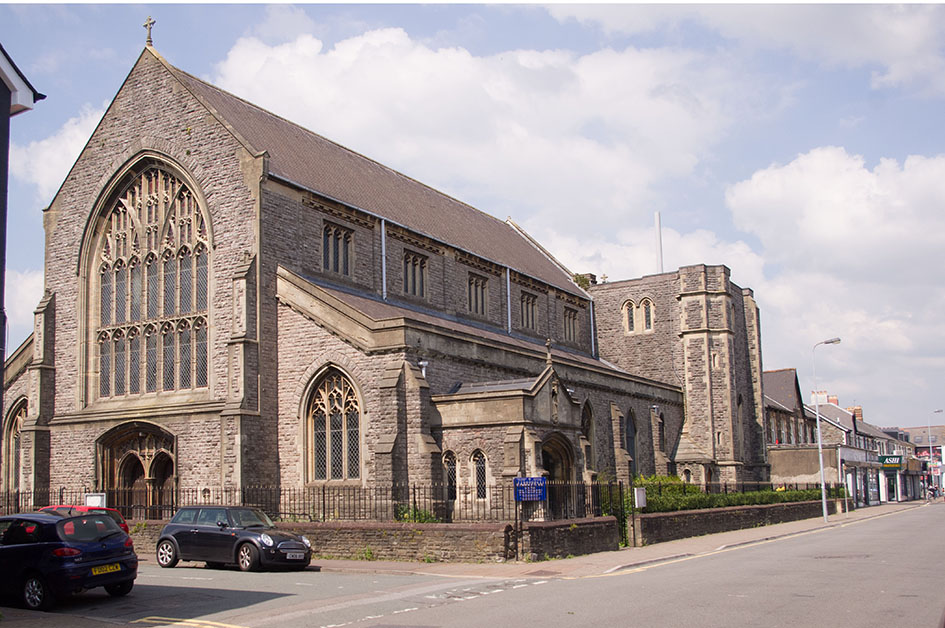
On responding to tragedy
March 22, 2019
‘It is finished’ Lorraine Cavanagh on last words
April 2, 2019‘To proclaim the need for new ideas has served, in some measure, as a substitute for them’ wrote the economist and diplomat, J.K. Galbraith. If his words were to be transcribed into the church language of today, they might read something like ‘To proclaim the need for newness and innovation, ostensibly for the sake of the many, at the expense of what is known and loved by the few, is to lose something irreplaceable and of great value to all.’
Something like this is about to happen in regard to St. Teilo’s Anglican church in Cardiff. St. Teilo’s is to become a resource church.
Designating a church as a ‘resource’ is a managerial decision. Whatever the reasons given for such a decision, they amount to takeover. In this case, it is the takeover, without consultation with its people, of what was deemed to be a failing church. A ‘failing’ church is one which does not attract enough people on a Sunday for it to be considered worth supporting, irrespective of the inherent reverence of its worship or of its care for the community it serves, despite the fact that reverent worship and care for the community are two aspects of biblical holiness.
The defining characteristics of a resource church, as given by the Centre for Church Planting and Growth, have little to do with holiness. Neither do they seem to value the intrinsic value of sacred space, still less the particular kind of sacred space afforded by an Anglican church. A resource church is part of a ‘strategy’, ‘intentionally resourced to plant and revitalise churches’ with a view to ‘developing a pipeline of leaders for further planting.’ The language betrays the characteristics of a resource church as having to do with numbers and growth, broadly translated as mission and evangelism. But St. Teilo’s, like many churches who embrace traditional worship, is a resource in its own right and one which has for too long gone unnoticed.
St. Teilo’s has, for many years, been thought of as the university church. During my own time as a university Chaplain it drew students who did not feel they fitted in with the evangelical churches in the area. There are at least five of these in easy reach of the main university campus. One of them, St. Mark’s, Gabalfa, is Anglican. But St. Teilo’s is more than a refuge for misfits. Its unpretentious traditional worship, with its small choir and a faithful and pastorally centred priest, create an unpressured environment. Nobody is expected to conform to a particular worshipping mindset. There is no screen or band to distract from the immanent presence of God. There is also a certain humility about the way it worships which, though far from innovative, gives time and space for the heart to literally turn itself around in order to meet God. This is the stuff of ‘metanoia’, or genuine repentance. It is a genuine resource.
Churches with a sacramental focus, and the deep spirit of eucharistic hospitality which comes with it, kindle something that is felt secretly, in the heart of the individual, and is then manifested in terms which defy definition, in the life of the worshipping community. This manifestation of gift is a resource of profound importance for the wider Church. It may or may not lead to the numerical growth of any one parish church but it will be felt by all who live and work in the area. It comes in the honouring of a ‘variety of gifts’, pertaining in different forms to all who worship in that space, and it requires the kind of leadership which can hold those gifts together and nurture them. Loudness and innovation either occlude or make it impossible for a person to receive them, or to discern them in others.




